The Biophilic Design Certification Program: Biophilic Fundamentals
Learn biophilic design through your personal connection to nature.
Early registration for the Spring ‘26 Cohort is now open to the waitlist!
Join now and get $200 off the course until January 18th.
A 3-month journey into the heart of biophilic design and nature connection.
This course lays the foundation for your biophilic design journey by blending the wisdom of forest therapy with the principles of biophilic design. Build a deeper connection with nature through self-discovery by reconnecting with your senses.
INVESTMENT: $2,000
DATES: Next course March 5-June 4, 2026
LIVE SESSIONS: Thursdays @ 9am CDT/CST
TIME COMMITMENT: 5 Hrs/Week
COHORT SIZE: 20 participants
Join a group of like-minded learners for live sessions, creative exploration, and guided reflection to foster nature connection, uncover your unique strengths, and align your values to create spaces that improve human and environmental health and well-being.
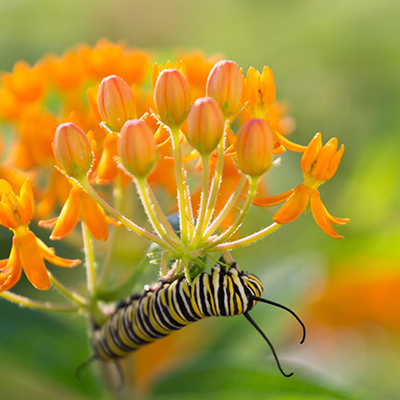
NEW! Earn 30 GBCI General Credits!
Participants may self-submit this course for credit with additional credentialing organizations, including AIA, IDCEC, LFA, and more.
Course Structure & Highlights
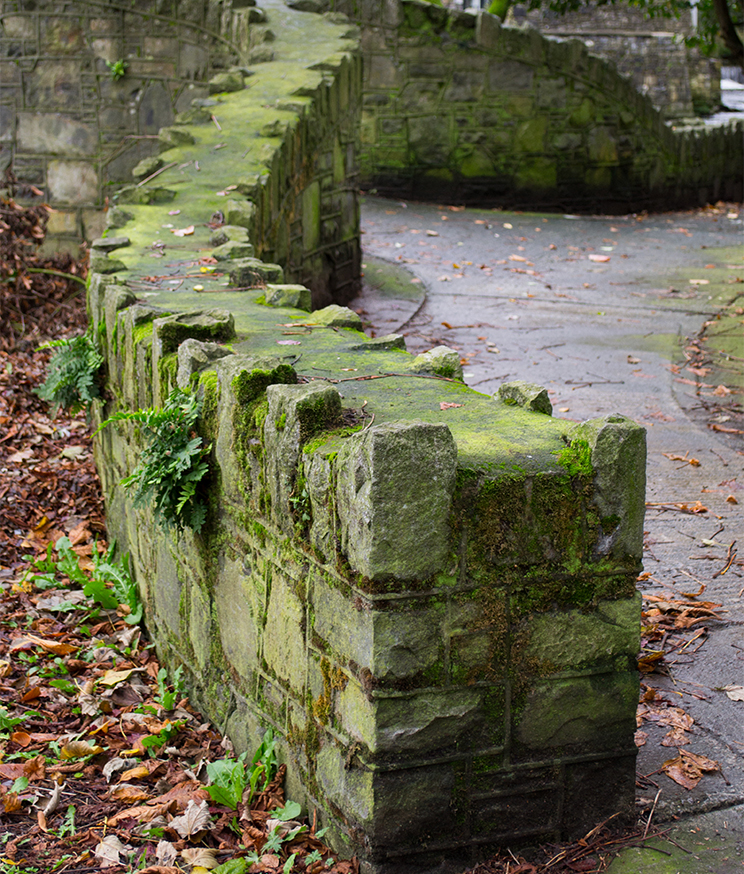
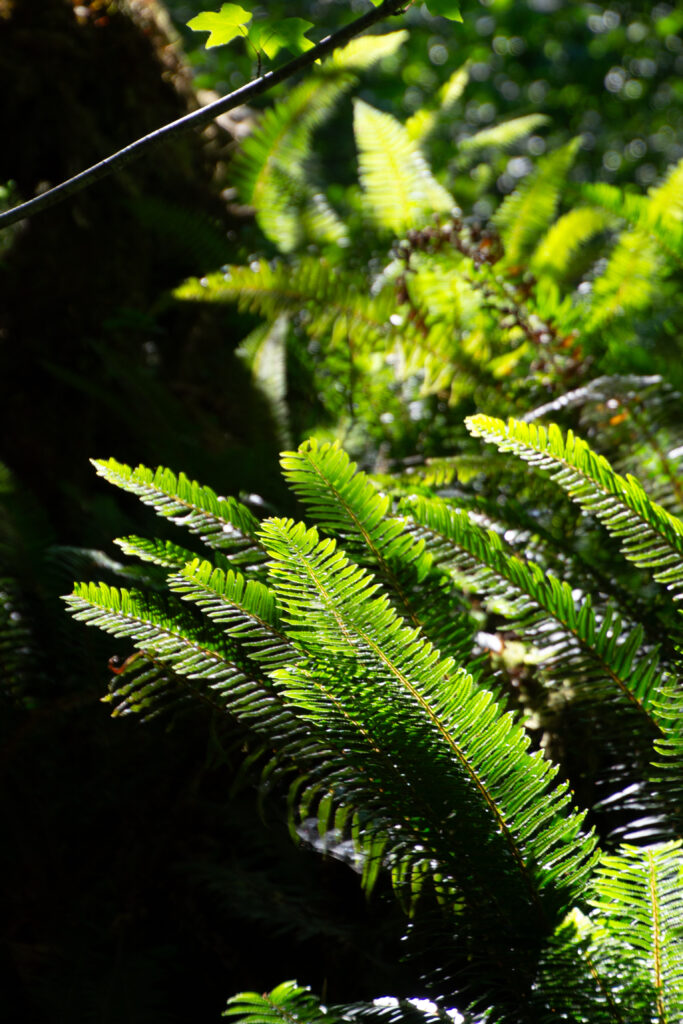
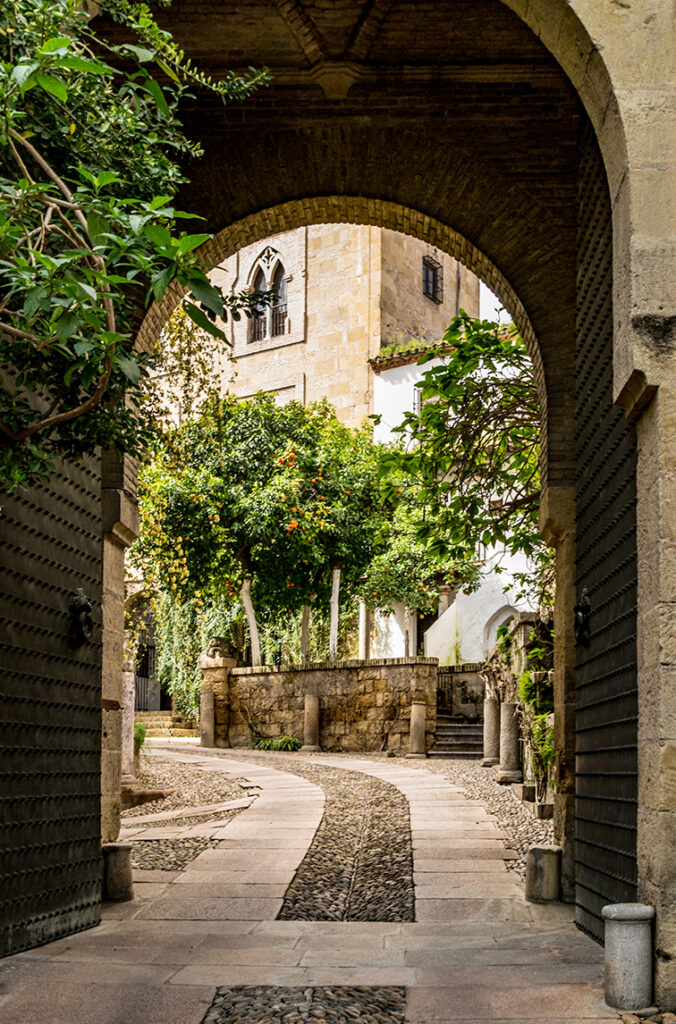
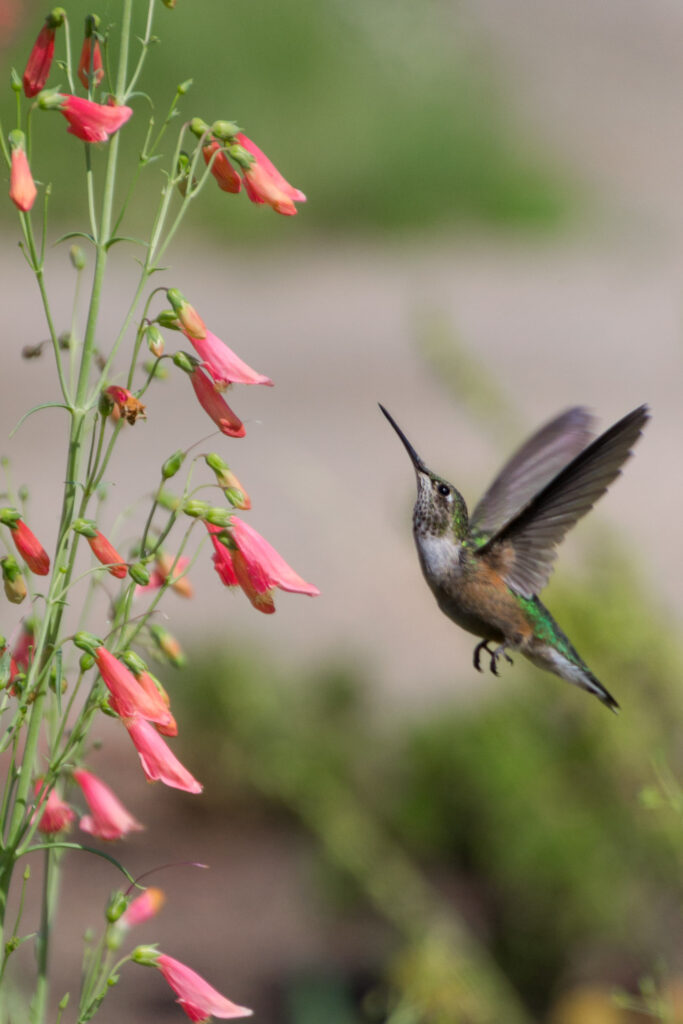
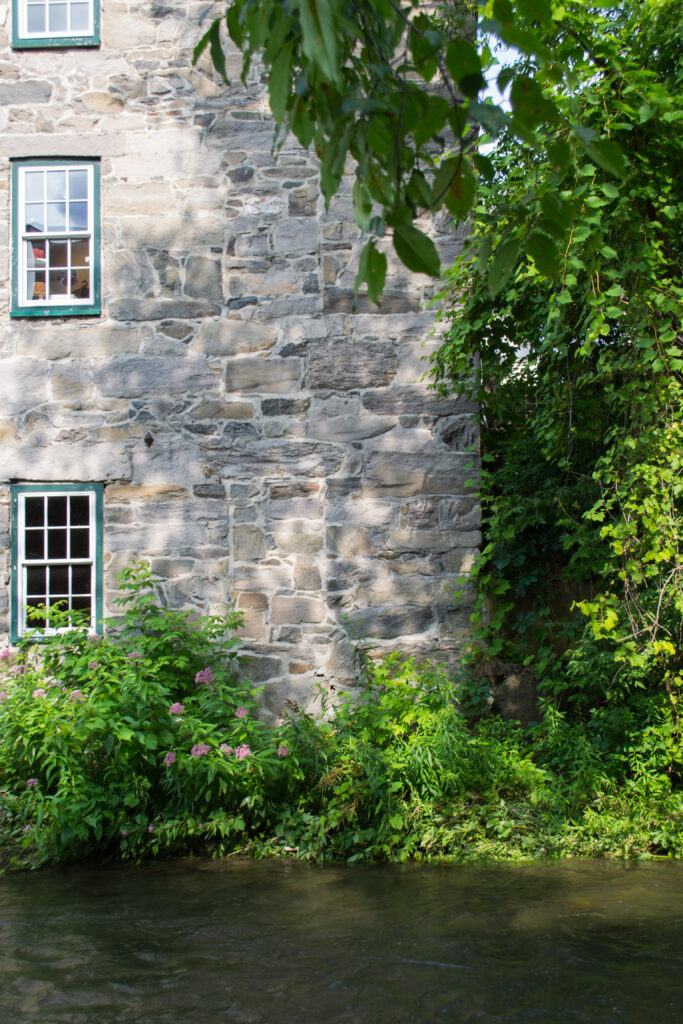
Learning Format
- Online Modules with Assignments
- Community Support
- Live Cohort Sessions
- Nicole provides written feedback on assignments
Live Session Rhythm
- (7) required 90-minute live sessions held every other week over three months.
- (2) optional Q&A sessions each month
Forest Therapy Walk
(1) 120-minute virtually guided forest therapy walk
Sit-Spot Activities
Weekly: Biophilic design begins with building a relationship with nature. This activity will help you deepen yours! You will complete a weekly sit-spot and reflection. A sit-spot is a simple outdoor pause where you slow down, observe your surroundings, and take a moment to reflect on what you notice.
Course Project
Throughout the course, you will complete a project that helps you apply biophilic design in a way that is meaningful to your life or work, whether you analyze a building standard, create your own framework, or design a profession-specific project. You will get input from Nicole and your cohort.
Time Commitment
Weekly Time Commitment
- A new module will be released each week
- Plan to dedicate about 5 hours each week to the course. This is about 50% reading and 50% experiential, including:
- Participating in the live sessions and Q&A drop-ins
- Reading course materials written by Nicole, along with selected research, anecdotes, white papers, book excerpts, and articles
- Watching thoughtfully curated videos
- Completing reflection or group exercises that are personally reviewed and responded to by Nicole
- All that to say, we know that life happens, so we do provide an additional 3 months after the live sessions end to complete the assignments.
Community & Connection
Community Platform Access:
- 1 year access from course start date.
Community Support:
- You will get ongoing support through our private course community, where you can ask questions, share ideas, and get feedback.
Live Meeting Details
Session Start Time & Time Zone:
All sessions begin at 9:00 am Central Time. The course starts in CST (Central Standard Time, UTC−05:00) and shifts to CDT (Central Daylight Time, UTC−06:00) on March 5th, 2026. Please check worldtimebuddy to ensure these times work for you.
Required Sessions Schedule:
- March 5: Live Session: Introduction Meeting (90 minutes)
- March 12: Optional Drop In Q&A and Community Building (60 minutes)
- March 19: Live Session: Virtually Guided Forest Therapy Walk (120 minutes)
- March 26: Optional Drop In Q&A and Community Building (60 minutes)
- April 2: Spring Holiday Break. No live sessions
- April 9: Live Session: Live Lecture and Discussion (90 minutes)
- April 16: Optional Drop In Q&A and Community Building (60 minutes)
- April 23: Live Session: Live Lecture and Discussion (90 minutes)
- April 30: Optional Drop In Q&A and Community Building (60 minutes)
- May 7: Live Session: Live Lecture and Discussion (90 minutes)
- May 14: Optional Drop In Q&A and Community Building (60 minutes)
- May 21: Live Session: Guest Workshop with Sophie Lacey (90 minutes)
- May 28: Optional Drop In Q&A and Community Building (60 minutes)
- June 4: Live Session: Live Lecture and Discussion (90 minutes)
Certification
Upon course completion, you will receive a Biophilic Design Practitioner Certification.

Biophilic Design Certification
To earn your Biophilic Design Certification, we encourage active participation throughout the program. Successful completion includes attending the virtual guided forest therapy walk, and 6 of the 7 live sessions, actively engaging in discussions, and fulfilling all assigned coursework.
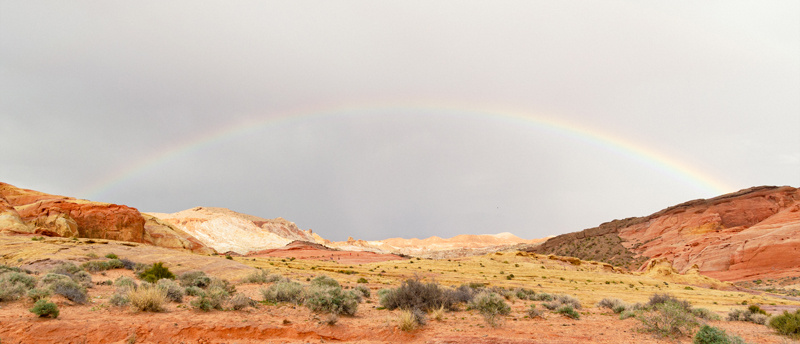
Financial Investment
$2,000 $1,900 USD if paid in full or
(4) monthly installments of $500
Accepted Payment Methods:
Payments are accepted through Stripe. We accept all major credit cards, ACH, and digital wallets such as Apple Pay and Google Pay. Exchange rates are determined by the issuing bank.
If cost is a barrier, please email to see if a scholarship can be made available.
Testimonials
(Read more about the course below)
“One of the most fulfilling things I've ever done."
Sarah Boulos | Showroom & Area Sales Manager
"The time I invested has benefitted and shaped my relationship with nature."
Stephanie Strang | Cybersecurity Awareness Manager @ Johnson Controls
“The best part of the Forest Therapy Walk with Nicole was that afterward I felt like I could BREATHE again."
Amanda Stein | Copywriter & Founder @Gioia Creative
“I’ve been studying biophilic design for years, but this course took my learning to a whole new level by embodying the knowledge in a more exploratory way.”
Tracey Conn | Workplace Furniture District Manager @ Teknion
“What a great journey to self discovery I wasn't prepared for. This course has given me confidence in biophilic design and sparked a fire to learn even more."
Kirbi Taussig | Interior Designer @ Cohlmia’s “The Plant Place”
"This course over delivers. It has brought me to a point where I feel I can start a business based on the new knowledge and direction I have."
Kelsey Bradley | Founder @ Design Cause | Executive Director @ The Human Architecture & Planning Institute
Taking the Biophilic Design Practitioner cohort course was nothing short of transformational."
Jessica Buhr | Managing Director @ Plant Solutions
"All of the coursework in this program has felt like opening a little box of wonders."
Diane Luepke | Operations Manager @ Global Energy Monitor
“This course is so much more than just learning about what biophilic design is. It is about embarking on a deeper, more meaningful exploration of what it can truly be."
Jessica Buhr | Managing Director @ Plant Solutions
“This course is a compelling fusion of education and exploration—one that reframes our responsibility as designers to be stewards of human experience.”
Brienne Willcock | Director of Education and Standards @ Illuminating Engineering Society
"This class opened my eyes to a new way of designing and building space, one rooted in intention and respect for the earth."
Maura Cannon | Civil Engineer
Meet the creator of the Biophilic Fundamentals Curriculum

Nicole Craanen
Hi, I’m Nicole — Founder of The Biophilic Design Institute and Forest Therapy Guide. I’ve always been drawn to the question of why certain places make us feel connected, alive, and at ease. Before I studied biophilic design, I was traveling the world, noticing how nature and architecture could both spark something powerful. That curiosity led me to pursue a Master’s in Human Ecology and shape a career helping others weave together design, psychology, and our relationship with nature. My work focuses on helping others create spaces that support well-being, foster connection, and honor the interdependence we share with the natural world.
Ready to take your career to the next level with a deeper connection to nature?
Upon completion of this curriculum, you will be able to:
- Identify and articulate your role and relationship to nature
- Illustrate your understanding of biophilia and how it aligns with the technical aspects of biophilic design
- Articulate how your relationship with nature shapes your approach to biophilic design
- Build awareness of how your interaction with nature differs from others and understand the importance of these differences
- Cultivate a deeper sensory relationship with the natural world through direct experiences
- Find a deeper sense of purpose in your career
- Apply your learnings directly to your work by completing a small profession-specific project.
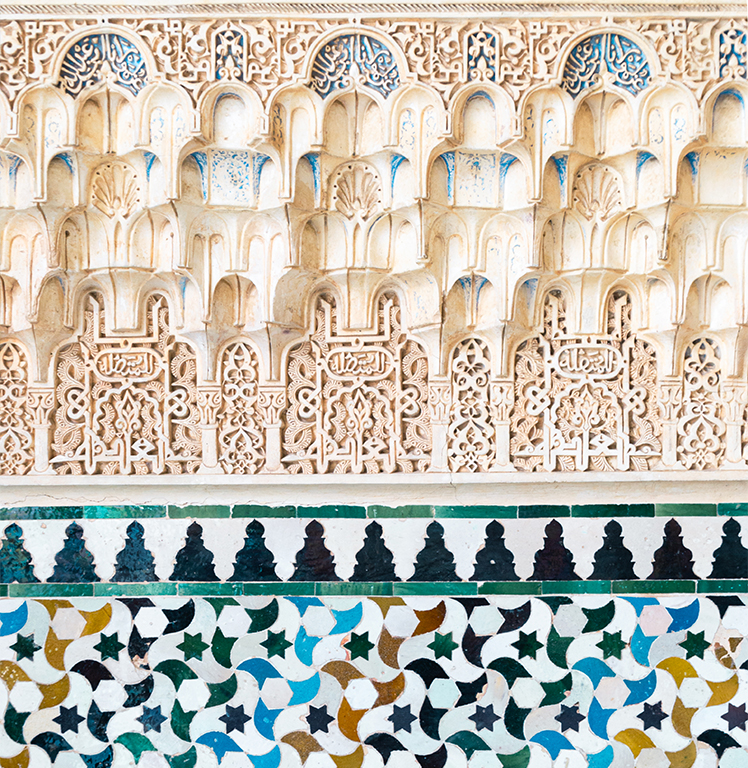
Who is this curriculum for?
This course is designed for people from all walks of life. From students to seasoned professionals, those in interior plant care to urban planners to design and innovation strategist.
We are stronger with a greater diversity of thought, professional backgrounds, and lived experiences.
Countries Represented:
- US
- Canada
- India
- Australia
- Iceland
- Signapore
- Puerto Rico
- Sweden
- Russia
Professions Represented:
- interior design
- architecture
- greenhouse technology
- interiorscaping
- landscape architecture
- students
- cybersecurity
- operations
- lighting design
- urban planning and design
- sustainable design
- mechanical and civil engineering
- arboriculture
- manufacturing
- entrepreneurship
- horticulture
- and more!
If you feel this work is relevant in any way – you are more than welcome!
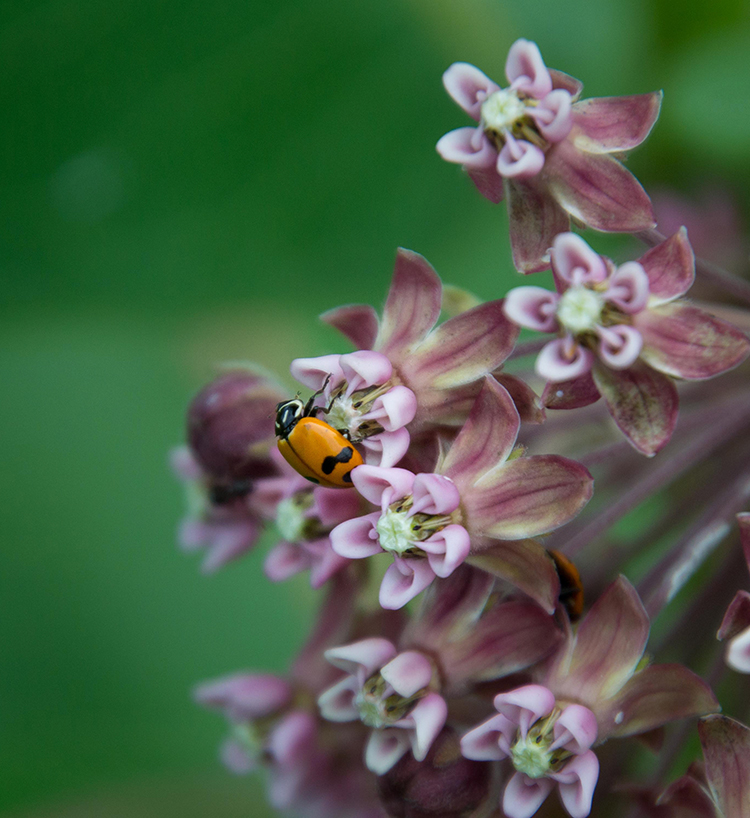
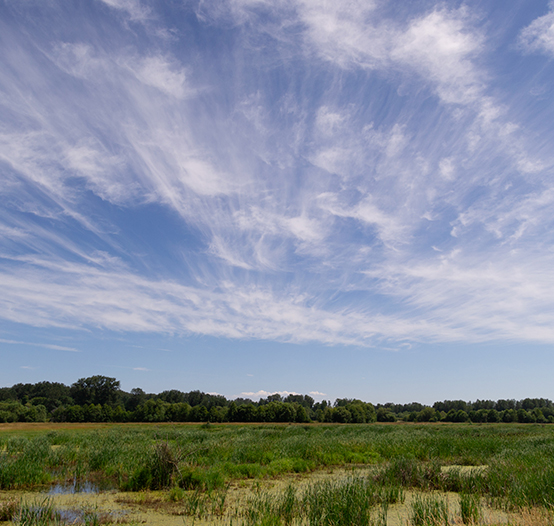
What’s included in the course?
INTRODUCTION:
Get oriented to the course structure, technology, and learning community. You’ll meet your instructor, connect with peers, set personal goals, and complete an initial nature connectedness reflection to begin thinking about your relationship with nature. This module lays the groundwork for the experiential and applied learning ahead.
MODULE ONE:
How You Experience Your Environment and The Other Beings In It
Explore your personal relationship with nature through reflection, self-assessment, and sensory observation. Build foundational awareness of how humans perceive and interact with the natural world.
MODULE TWO:
What is Biophilic Design? History and Definition
Explore the history, definitions, and purpose of biophilic design. You’ll also reflect on your personal relationship with nature and begin your weekly sit-spot practice—a nature-based observation exercise to strengthen sensory awareness and reflection.
MODULE THREE
What is Biophilic Design? The Biophilic Frameworks
Examine how biophilic design is defined and organized through a range of established frameworks, and explore related ideas that are sometimes confused with biophilic design.
MODULE FOUR:
Multi-Sensory Design & Learning From Your Senses Through Touch
Explore the foundations of multi-sensory design and begin examining how your sense of touch shapes experiences of place. This module introduces ways of perceiving both natural and built environments through direct sensory awareness.
MODULE FIVE:
Understanding Spatial Characteristics
Examine how spatial layouts influence behavior, movement, and sensory experience. This module introduces key spatial theories and observational tools to help you analyze how environments support comfort, orientation, and engagement.
MODULE SIX:
Learning From Your Senses Through Sight
Examine how sight contributes to sensory experience in both natural and built environments, including visual elements that influence how we perceive space and understand multi-sensory design.
MODULE SEVEN:
How Your Strengths Influence Perspective & Well-Being
Identify how your strengths, values, and passions align to guide meaningful action using the Venn Diagram of Biophilic Action, inspired by Ikigai. In this module you will take a Strengths test and examine how these strengths influence your perspective, relationships, and connection to place, while exploring how built and natural environments impact well-being, stress, and health.
MODULE EIGHT:
Learning From Your Senses Through Sound
Examine how sound influences experience in both natural and built environments, including acoustic comfort, sound pollution, and the role of sound in health, healing, and cognitive function.
MODULE NINE:
How Your Values Influence Perspective + Biophilic-Washing
Examine how values shape decisions, communication, and collaboration in biophilic design by first taking a Values Quiz. Learn how to advocate for authentic practice and recognize when nature-based language is applied in ways that misrepresent biophilic design.
MODULE TEN:
Learning From Your Senses Through Smell & Taste
Examine how smell and taste influence perception, emotion, and well-being in both natural and built environments. Explore how these chemical senses affect mood, behavior, cognitive function, and attachment to place.
MODULE ELEVEN:
Purpose and Awe & Your Biophilic Design Practice
Reflect on your journey through the course and consider how awe, purpose, and personal meaning can guide your future work in biophilic design.
Biophilic Design Institute FAQs
We run twice a year, one spring session and one fall session. The next session will begin in the spring of 2026
Please reach out with any financial questions, we will do our best to work with you! Our waitlist receives a special discount, and we offer payment plans as well.
To get the most out of this program, it is expected that you will spend approximately 5 hours per week on the coursework, this includes the biweekly live-virtual coaching sessions.
Biophilic design reaches many fields, from the architecture industry (like interior designers, architects, landscape architects, urban planners, engineers, etc), to manufacturers, business strategists, HR professionals and more. If you believe having a great connection to nature and understanding the concepts the bring us biophilic design are important to you, then you belong in this course!
The only knowledge you need to have is to know that you want to learn more!
Nope! The only restriction is if you can make the time work for our live-virtual sessions. This course caters to an international audience, and we’re aware of time zone challenges.
Yes. While this course is a foundation course, you will leave this program understanding your personal connection to nature and biophilic design in a way that gives you the skills to articulate the benefits to a wide range of people, including clients. And future courses will expand on these concepts to provide further expertise!
Just see what course participants have said:
“This course made me feel confident in the concepts, historical trends, history, theory, and future strategies to implement biophilic connectivity and design concepts into spaces that we interact in everyday. This course will help you inspire the inspirer, whether that be yourself, your customers, or your loved ones.” -Tommy Nichols
Biophilic design is a growing field and a top trend for the last few years. Biophilic knowledge is found in sustainability certification programs like WELL, LEED and the Living Building Challenge as well as in guidelines like the AIA Framework for Design Excellence and the UN Sustainable Development Goals. This knowledge will enhance any work you do related to well-being or sustainability.
Our course is now worth 30 GBCI-general credits. These are also accepted by WELL, IDCEC and AIA. Your credential body may accept these as as well, we suggest asking them prior to enrollment.
“This course has brought me to a point where I feel I can start a business based on the new knowledge and direction I have. It is an incredibly rewarding program that will benefit anyone interested in biophilic design.” -Kelsey Bradley
“The course was extremely well-structured with a blend of research, real-world examples, and actionable strategies that I’ve already started applying in my work.” -Keeli MaKae
You can review the full Terms & Conditions document HERE. Payment details and the refund policy are outlined on pages 11–12.
More Love for the Biophilic Design Certification Course
"I like the balance of reading, reflection, experience, and discussion [the course] offered. The materials were concise and meaningful, which allowed space for me to reflect on what I learned. The time I invested has benefitted and shaped my relationship with nature."
Stephanie Strang | Cybersecurity Awareness Manager @ Johnson Controls
"To be honest, I am surprised about what this training is doing with me. A lot of my old memories, specially when I was a child are waking up. I was already convinced about our relationship with nature but this part of the session gave to me a new ways to understand our relationship and specially that we are part of it and we need to protect it even more. Thanks Nicole!"
Oscar Hernandez | Building Performance Director
“The best part of the Forest Therapy Walk with Nicole was that afterward I felt like I could BREATHE again. Not only did I feel refreshed simply by being in nature, I was truly and utterly present the entire time. Although I did reflect back and consider my path, the majority of the exercises kept me grounded in the moment. And THAT was a true gift! I hope I get to do these more often! ”
Amanda Stein | Copywriter & Founder @Gioia Creative
"Being able to meet virtually also meant I got to hear from people experiencing different environments and times of day, which I felt enhanced the experience and connection not just in my immediate environment, but also with the larger world outside of me."
Keeli MaKae | Sales & Marketing Coordinator @ Plant Solutions
“I am grateful for the continued expansion of my own being and the way that this course module has helped me to more deeply connect with others and the natural world. I have been using these teachings in my everyday life, as I meet challenges and create solutions using a more holistic approach.”
Tamberly Conway | Arborist, Founder & CEO @ Conservation Conexions, LLC
"I had hesitations on how well I'd be able to feel connected through a virtual space, but I can attest that it was a wonderfully connecting and engaging experience, both with the world around me and with other members of the cohort. Being able to meet virtually also meant I got to hear from people experiencing different environments and times of day, which I felt enhanced the experience and connection not just in my immediate environment, but also with the larger world outside of me. Forest Therapy will be something I seek out more frequently because of my experience!"
Keeli MaKae | Sales & Marketing Coordinator @ Plant Solutions
"All of the coursework in this program has felt like opening a little box of wonders. So many invitations to better understand humanity's psychological needs for connection with the natural world, to deepen my own nature connection, and to learn how to design spaces that support the wellbeing of both humans and non-human organisms.”
Diane Luepke | Operations Manager @ Global Energy Monitor
“I am grateful for the continued expansion of my own being and the way that this course module has helped me to more deeply connect with others and the natural world. I have been using these teachings in my everyday life, as I meet challenges and create solutions using a more holistic approach.”
Tamberly Conway | Arborist, Founder & CEO @ Conservation Conexions, LLC
